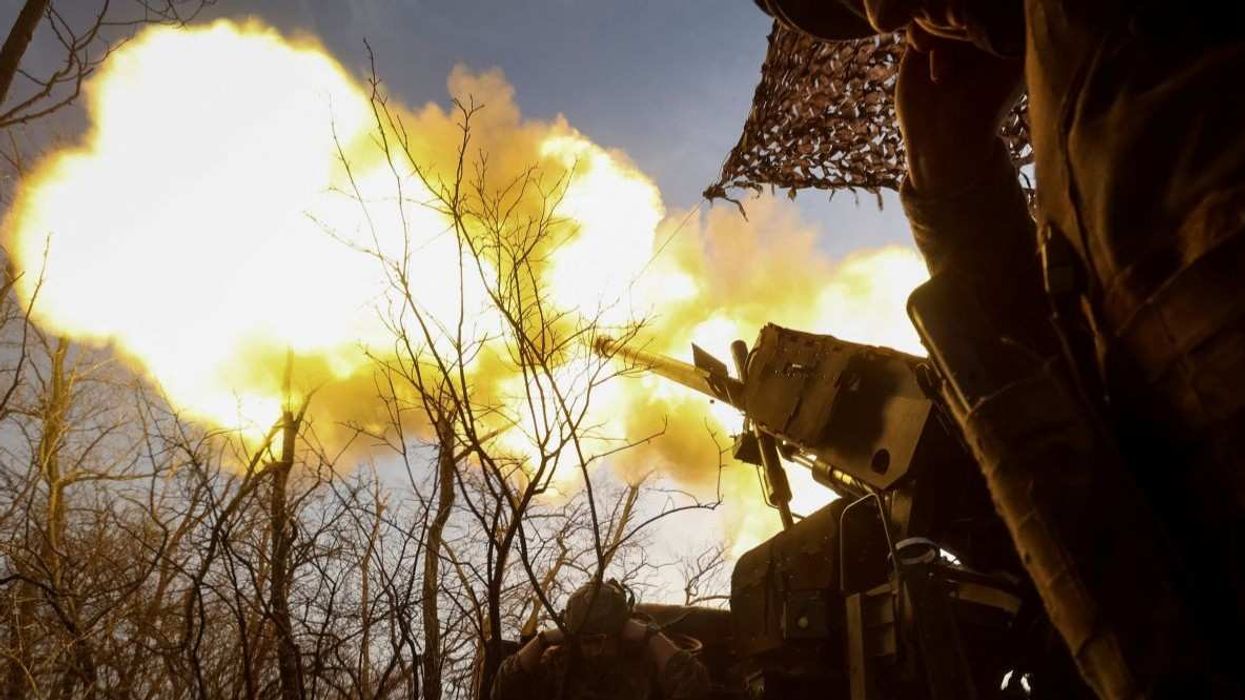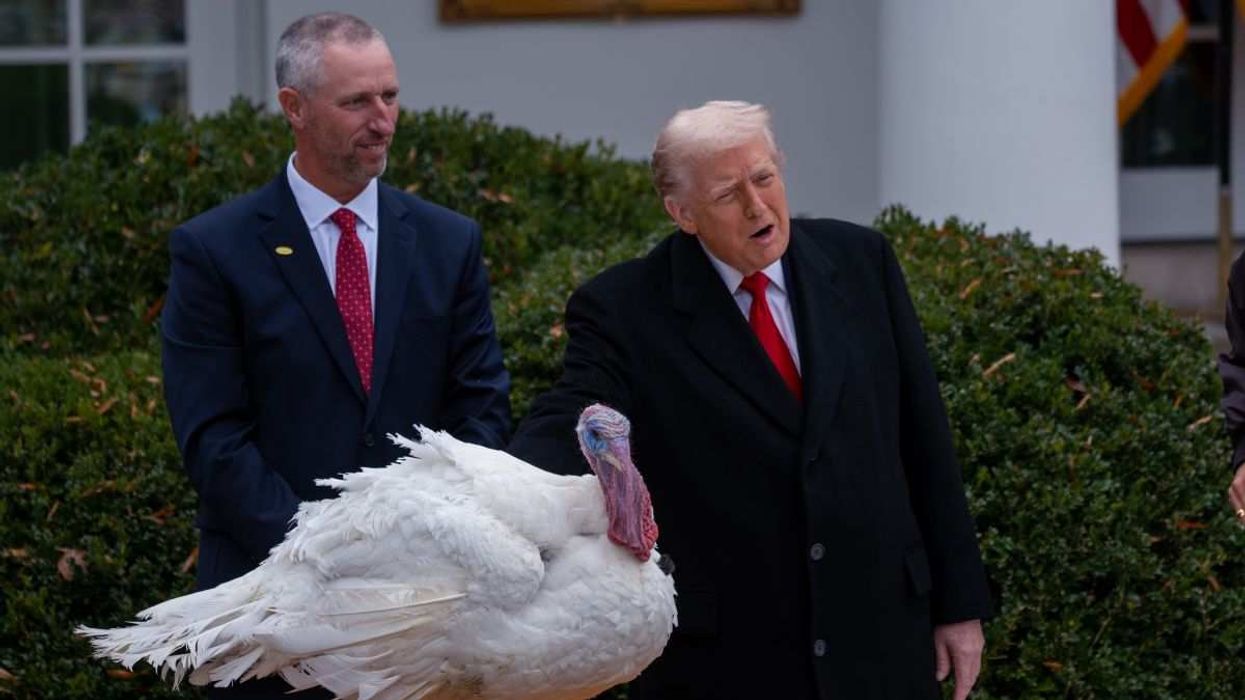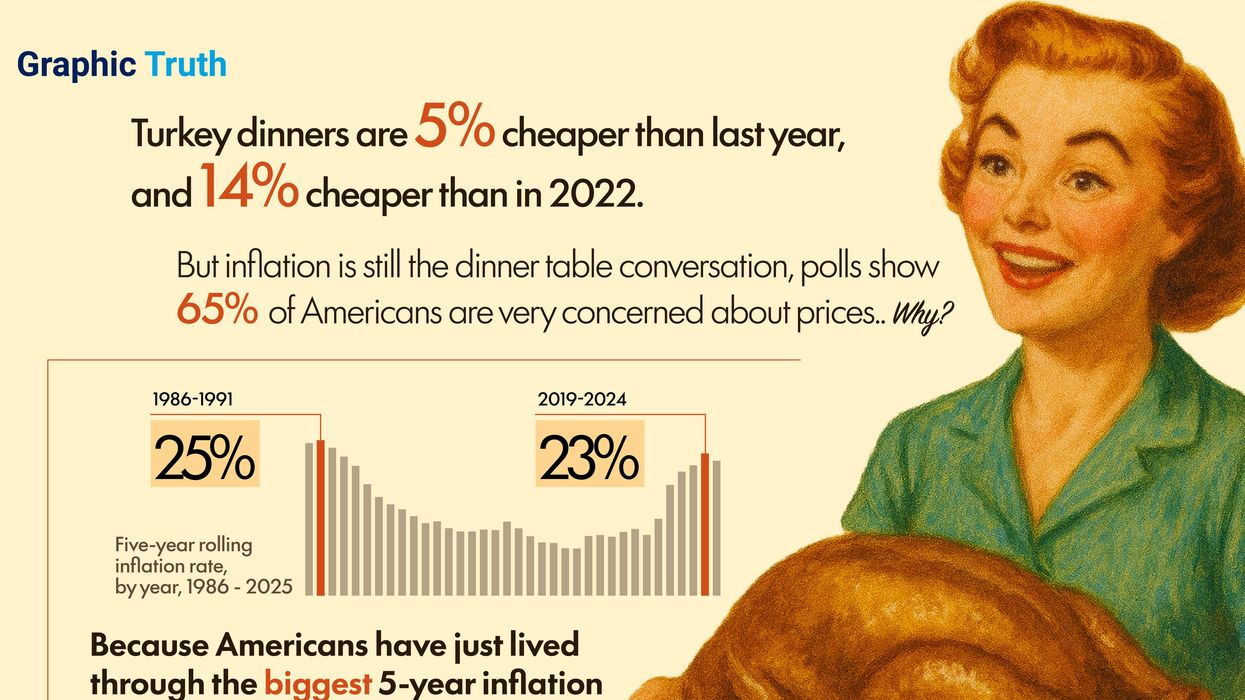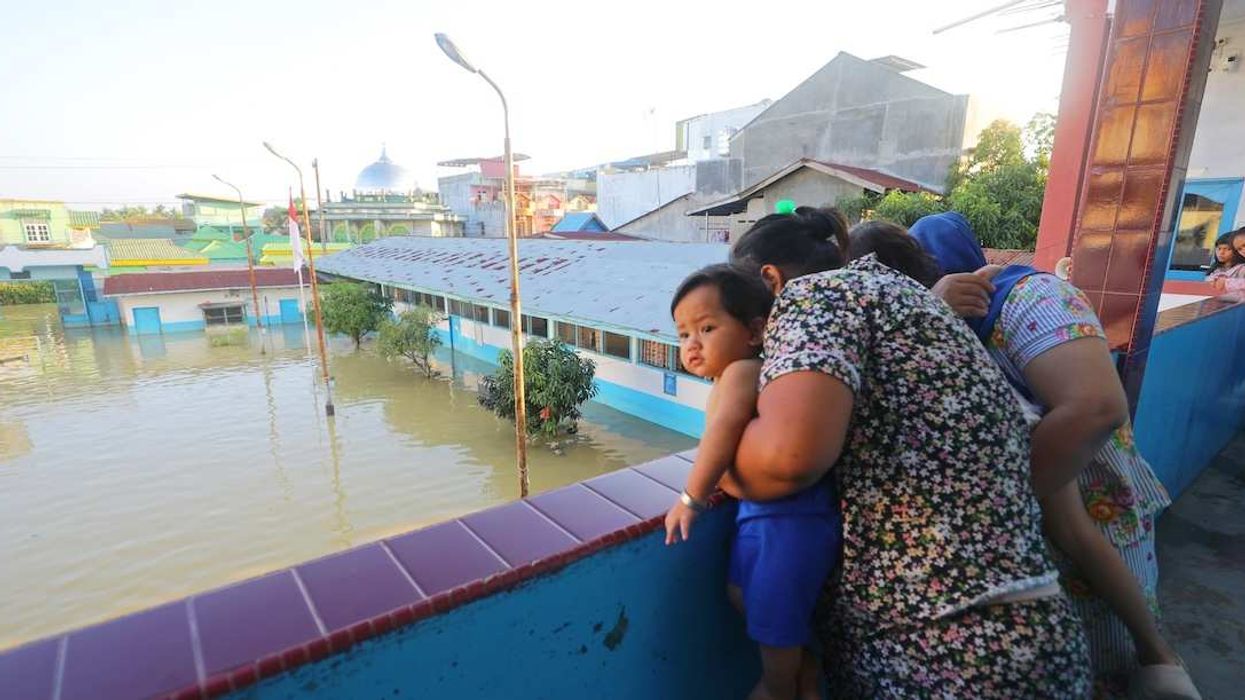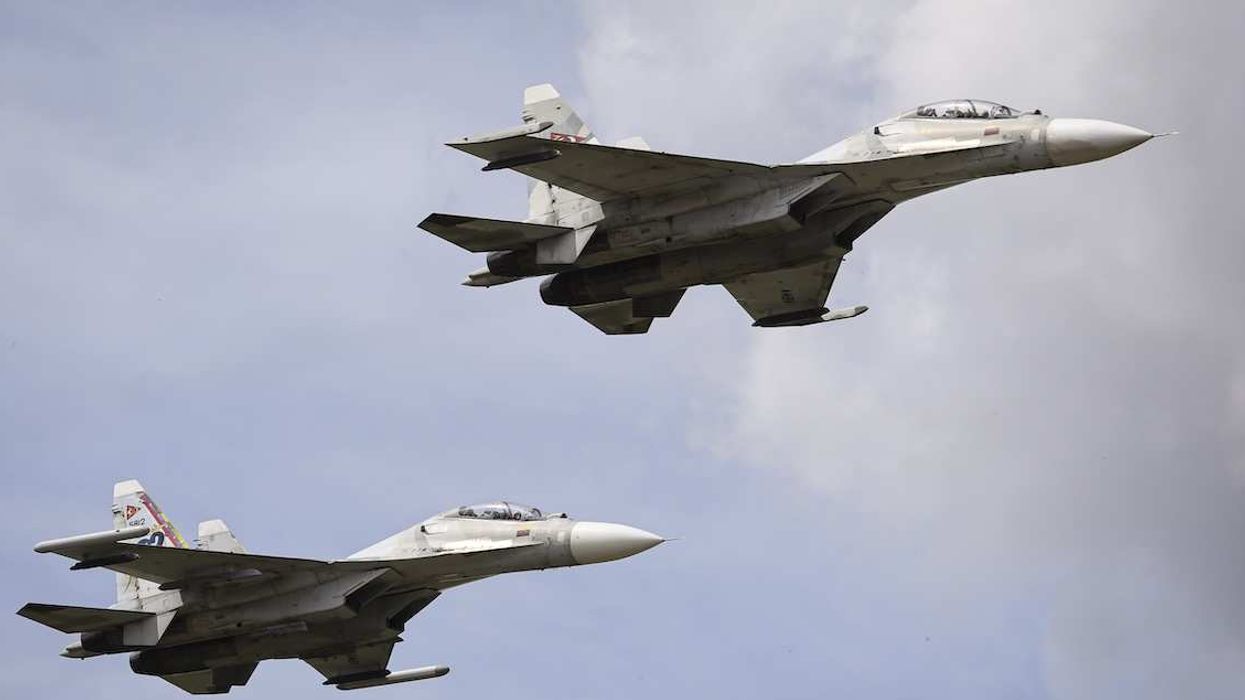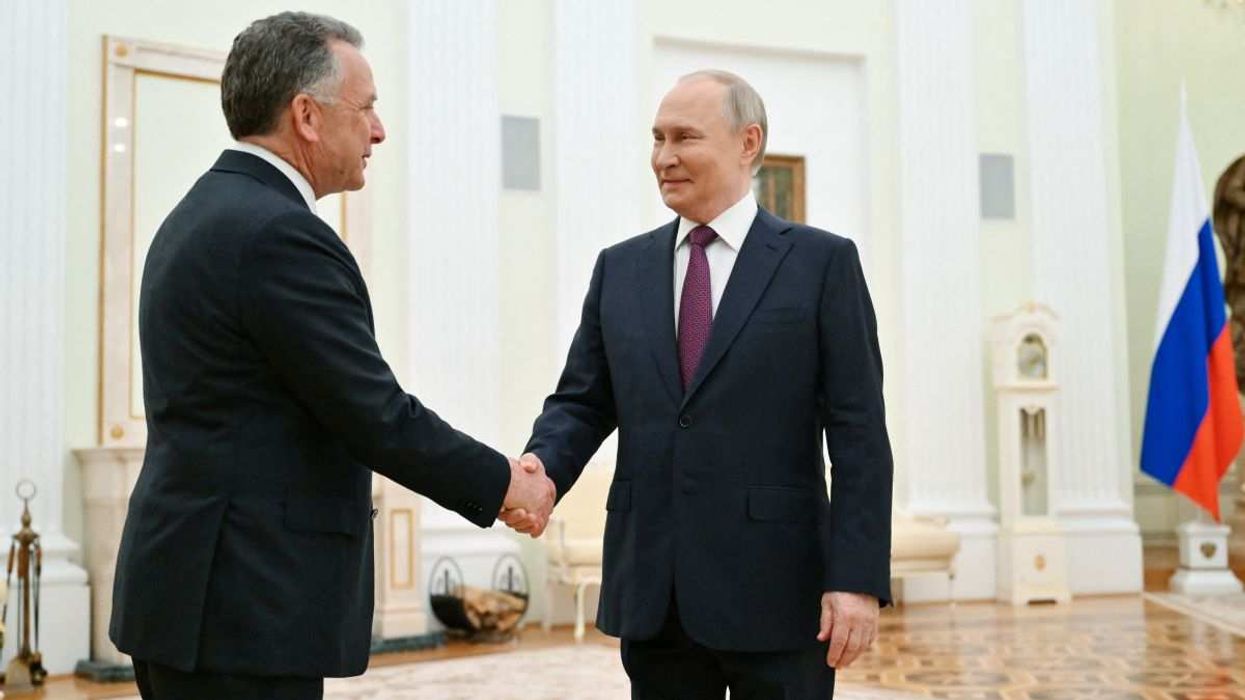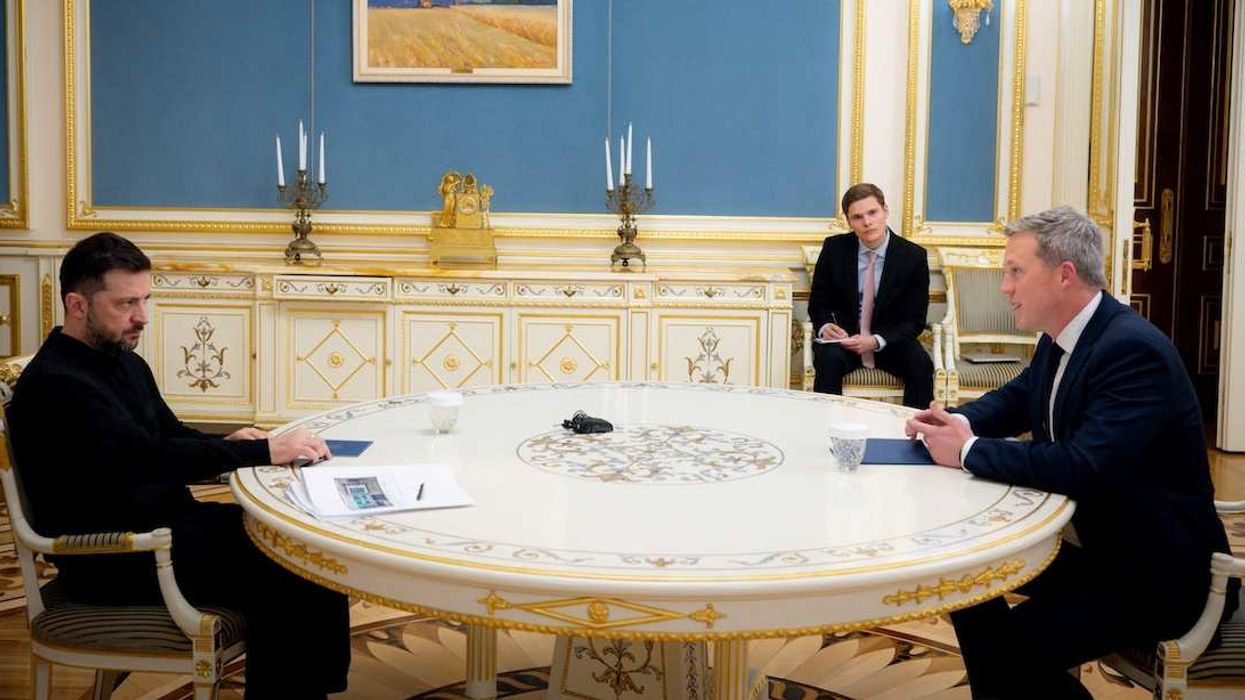Russian drones shot down over Poland
NATO jets last night shot down Russian drones that had entered Polish airspace. Poland said the unmanned aircraft had crossed the border en route to a strike on Ukraine. The incident is the most serious direct engagement between NATO and Russia in recent memory, and it prompted Poland to invoke NATO’s Article 4, which triggers consultations within the alliance. Was the Kremlin testing NATO’s resolve? Moscow said only that it “did not seek escalation with Poland.” Donald Trump is set to speak with Poland’s president about the incident later today.
African climate summit pushes $100bn green plan
African leaders are meeting in Ethiopia this week to “design the world's next climate economy” at the second Africa Climate Summit. The gathering is one of many global efforts to fill the gap of global climate policy leadership after the US withdrew from the Paris Climate Agreement in January of 2025. Africa is especially vulnerable to climate-driven droughts, landslides, and floods, but receives just 1% of global climate financing. Leaders, lenders, and commercial banks at the summit signed a $100 billion pledge to support “green industrialization” at the summit.







